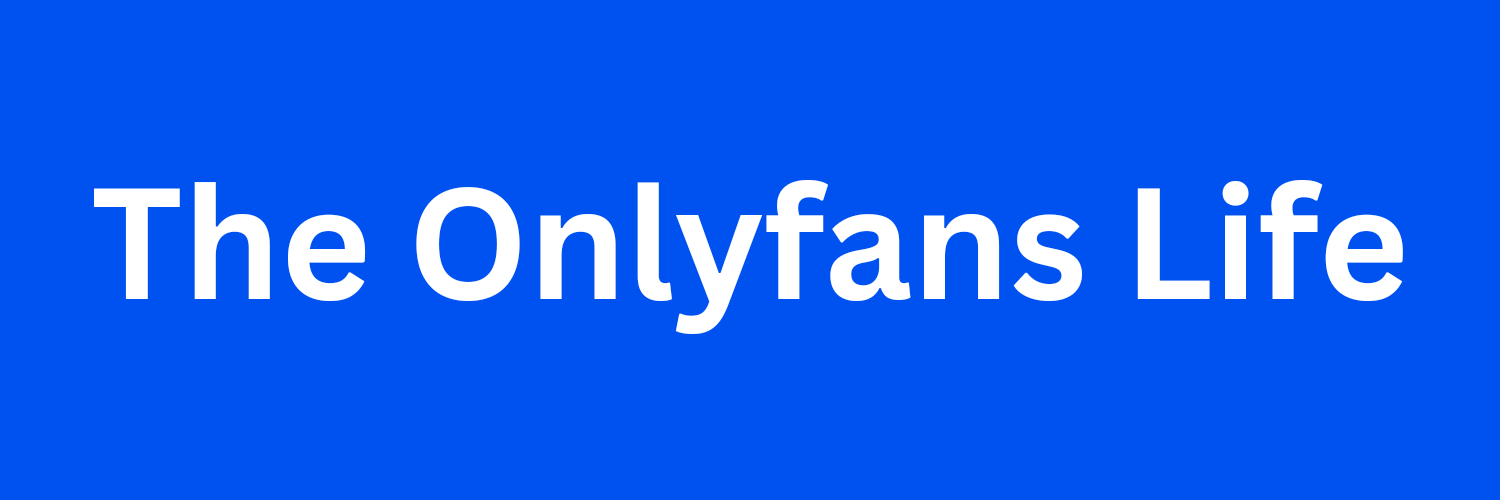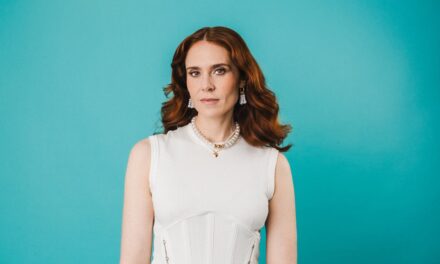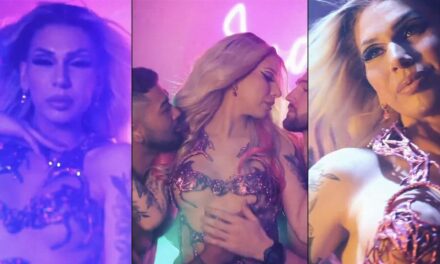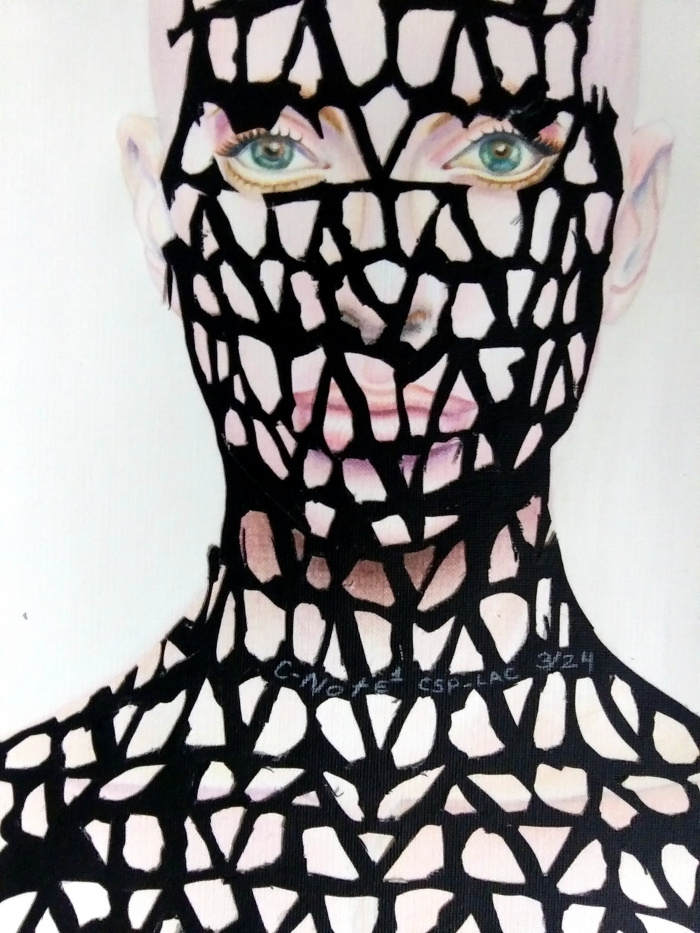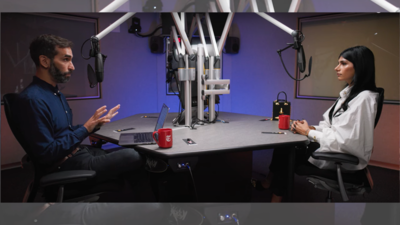
Mia Khalifa‘s journey from adult film star to social media influencer has been marked by controversy and resilience. In a recent interview with The New York Times, she discussed her experiences in the adult industry, the ongoing Israel-Lebanon conflict, and the impact of growing up in a post-9/11 America.
Infamy and backlash
Khalifa’s entry into the adult film industry at the age of 21 quickly made her infamous, particularly after a scene in which she wore a hijab went viral.This video led to severe backlash, including death threats and harassment. Reflecting on this tumultuous period, she stated, “I became infamous by accident.” The intensity of the reaction forced her to leave the adult industry, as she realised she could not return to a normal life. “I decided to try to be an influencer and a public person if that was the fate that I had sealed for myself,” she explained.
Building a new brand
Now boasting millions of followers across platforms like X, Instagram, and TikTok, Khalifa has shifted her focus from adult content to lifestyle and political commentary. She described her current brand as one of evolution, saying, “Where I am now mentally, emotionally, on every level, is a complete 180 from who I was.” While she engages her TikTok audience with light-hearted videos, she uses X to advocate for various social issues. Despite the adult content associated with her work on OnlyFans, Khalifa emphasises authenticity, stating, “Just because I look a certain way in a bikini does not necessarily mean it’s not for the girls.”
Navigating OnlyFans and feminism
In discussing her experience on OnlyFans, Khalifa acknowledged the complexities of sex work. “It is [sex work], and I feel like people who get insulted by that feel ashamed of being lumped in with sex workers,” she said. Despite this, she views her participation as one of agency and control, insisting that it should not be seen as a solution to financial desperation. Khalifa stressed her responsibility to represent the platform carefully, stating, “I have a responsibility to not promote it as something that any woman should join unless they’ve already been in the sex-work industry.”
Addressing internalised misogyny
Khalifa also opened up about her struggles with internalized misogyny, which she attributes to cultural pressures. Growing up in Washington, DC, in a post-9/11 world exposed her to blatant racism, leading her to question her identity. “I grew up in DC in a post-9/11 world, and there was a lot of blatant racism,” she recalled, reflecting on how this experience forced her to conform to societal expectations.
Current events and activism
Amid ongoing violence in the Israel-Lebanon conflict, Khalifa has remained actively engaged in discussions about the humanitarian crisis. With friends and family in Lebanon, she expressed concern for their safety and said, “They’re able to open their doors and give them a place to stay.” Her activism extends to social media, where she addresses critical issues such as human rights and the importance of speaking out on political matters. “It’s not taboo to have an opinion,” she asserted, arguing that influencers should participate in political discourse rather than shy away from it.
Watch the full Podcast:
A Conversation with Mia Khalifa
This post was originally published on this site be sure to check out more of their content.
